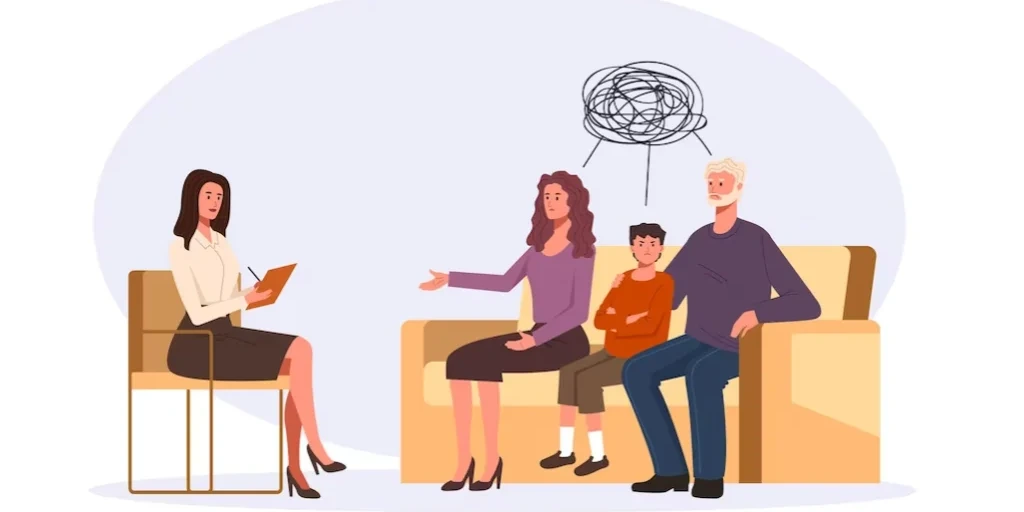24/7 Helpline:
(866) 899-221924/7 Helpline:
(866) 899-2219
Learn more about PTSD Rehab centers in Gretna

Other Insurance Options

Oxford

Excellus

Self-pay options

MHNNet Behavioral Health
Beacon

Choice Care Network

WellCare Health Plans

Health Choice

BHS | Behavioral Health Systems

PHCS Network

Ceridian

Covered California

United Health Care

Holman Group

Access to Recovery (ATR) Voucher

Optima

ComPsych

Molina Healthcare

Health Net

Meritain

CHI Health Psychiatric Associates
CHI Health Psychiatric Associates is a private rehab located in Papillion, Nebraska. CHI Health Psyc...
































































Heartland Family Service
Heartland Family Service is a private rehab located in Papillion, Nebraska. Heartland Family Service...

ABH Addiction and Behavioral Health Services
ABH Addiction and Behavioral Health Services is a private rehab located in La Vista, Nebraska. ABH A...
















